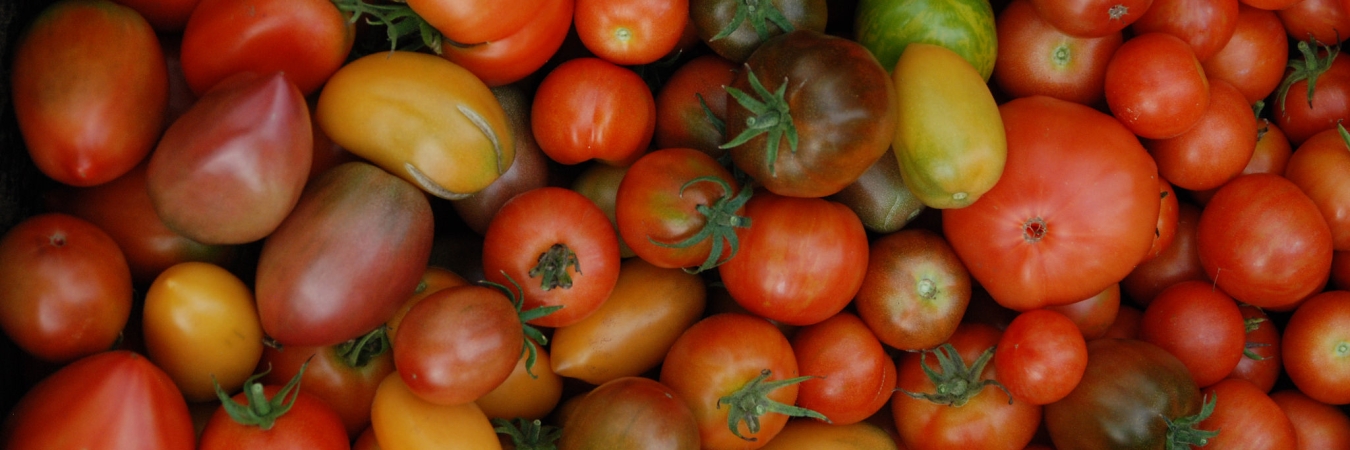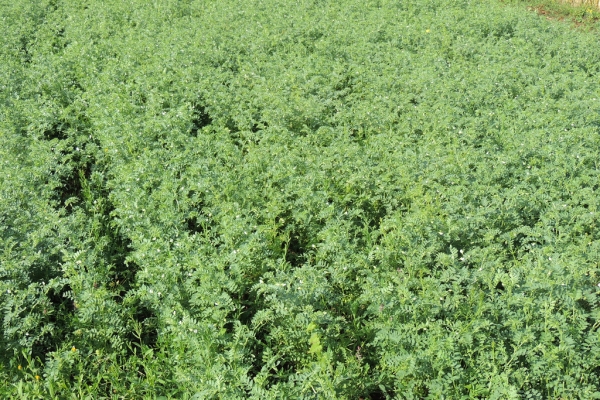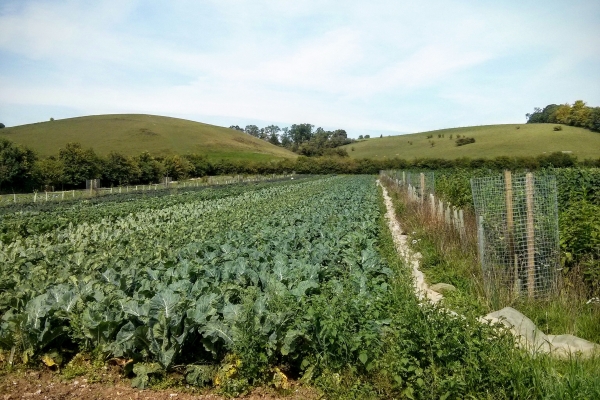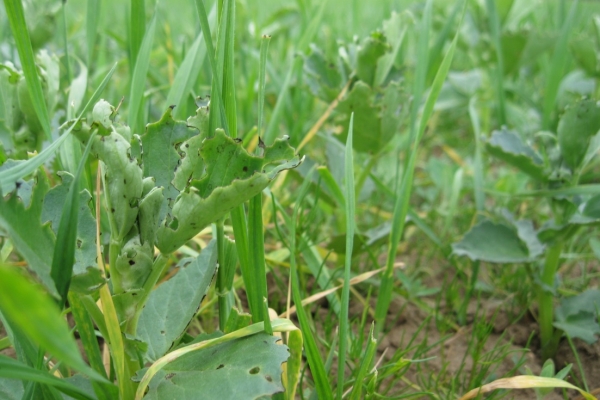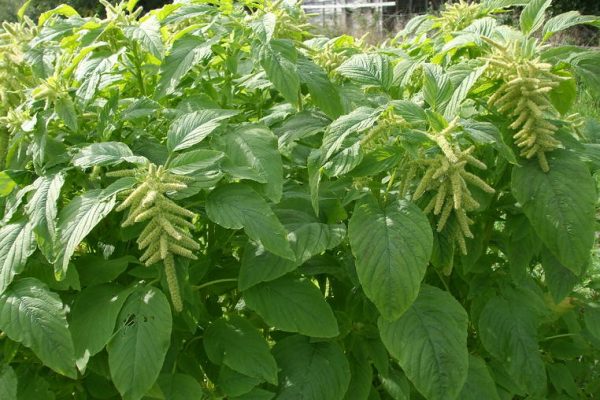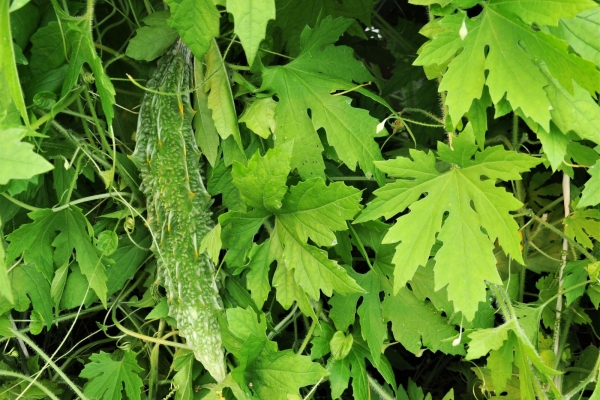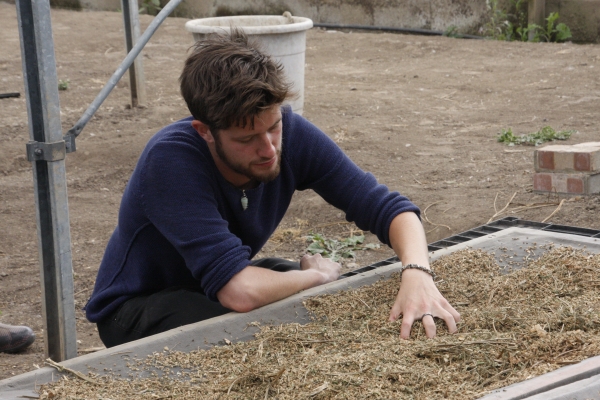9 Key-Concepts For Food Diversity
Resource explained
The DIVERSIFOOD Project is a consortium of 21 European partners working to promote crop diversity and networking for local, high quality food systems. It aims to do this through innovations in biodiversity management, plant breeding, and encouraging diversity in crop production through research and communication tools. One such tool is this leaflet that explains nine important concepts that underpin the project’s efforts to enhance food diversity. It provides clear definitions for commonly used terms such as food diversity, quality and sustainability. These terms are contextualised within a vision of agriculture that also promotes food democracy, co-evolution, community management and participatory research. The term ‘resilience’ is at the heart of this leaflet, and describes the robustness of agroecological farming systems; systems that are able to withstand and recover quickly from economic, social, environmental, and political challenges.
Findings & recommendations
- The concept of food quality is defined within the context of sustainable diet and local food culture and includes the ethical and social value of crops, their nutritional content, taste characteristics, and a respect of the raw material and natural processes involved.
- It is suggested that sustainable agriculture requires suitable agrobiodiversity for local ecosystems in order to preserve these systems for future generations.
- The project defines truly sustainable food systems as being community managed, and uses the concept of food democracy to empower all stakeholders to shape how food systems are formed.
- Plants, livestock and humans have co-evolved together and these relationships play important roles in cultures around the world. This interconnected co-evolution must be acknowledged when looking at legal, institutional and economic factors that impact agriculture.
- A food system is defined as being resilient when it fulfils its function of providing food based on diversity, food quality, and sustainable development within local and global conditions of food democracy and community management of biodiversity.
Find out more about DIVERSIFOOD here. Access the DIVERSIFOOD publications here.
